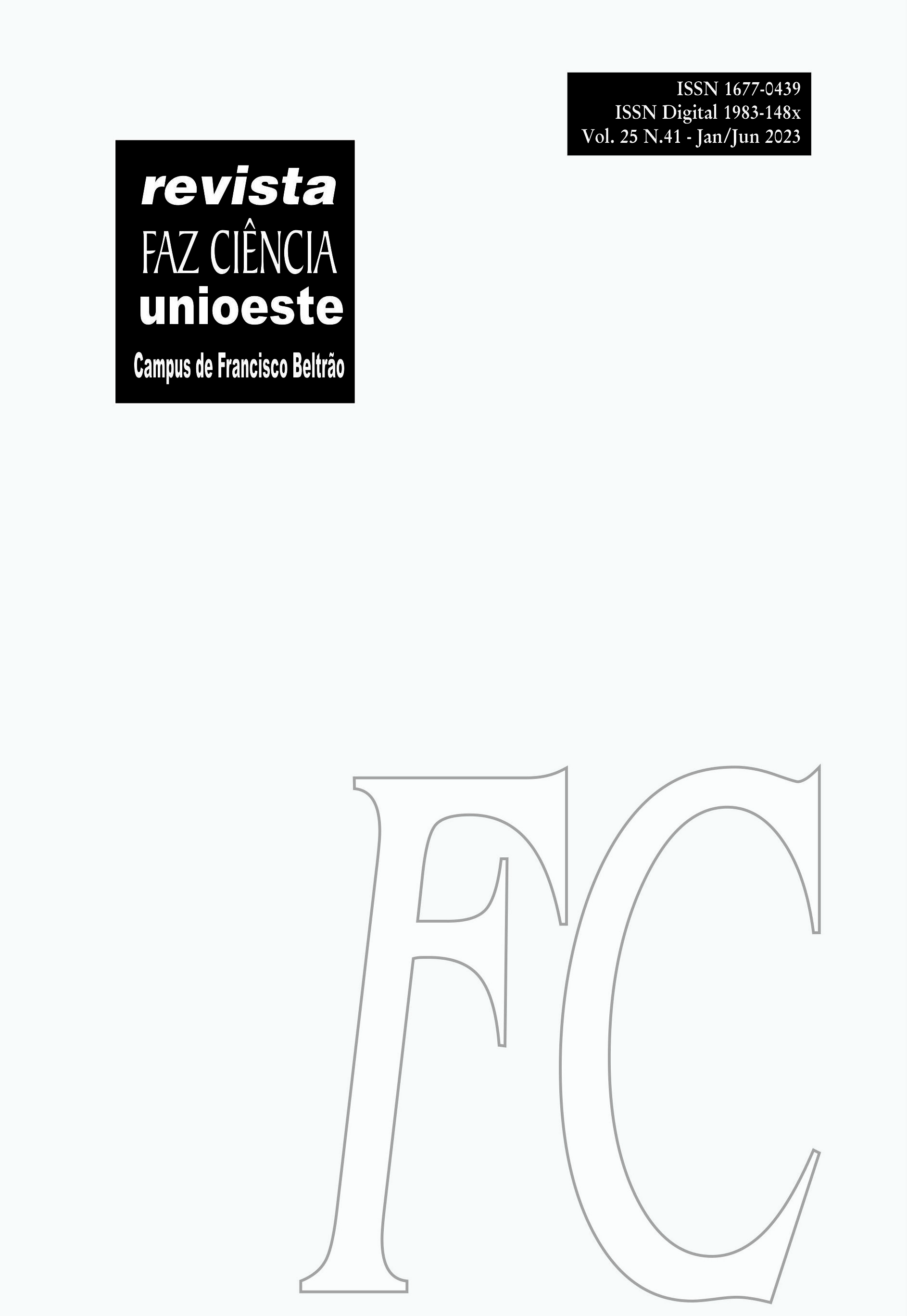CONSUMPTION OF DAIRY PRODUCTS AND LACTOSE INTOLERANCE REPORTED BY HIGHER EDUCATION STUDENTS IN WESTERN PARANÁ
DOI:
https://doi.org/10.48075/rfc.v25i41.30206Abstract
Due to factors such as eating habits and nutritional composition, cow's milk is a widely consumed food. However, a portion of the population may have adverse reactions when consuming cow's milk and dairy products. The aim of the study was to evaluate the consumption of milk, dairy products and dairy substitutes, as well as the presence of lactose intolerance and associated symptoms reported by higher education students. The collection instrument was a questionnaire with 23 questions, whose answers were arranged in absolute and relative frequencies, and statistically analyzed. Most respondents reported that they are consumers of milk and dairy products, 85.9% and 97.4%, respectively. Regarding lactose intolerance, 7.8% of individuals reported having a medical diagnosis of the disease and 5.7% of participants reported that they “think they have”. The data indicated a high consumption of milk and its derivatives in the studied population, as well as a high presence of adverse reactions associated with the consumption of milk and its derivatives.
Keywords: Lactase, Dairy Products, plant extracts, food consumption.
Downloads
Published
How to Cite
Issue
Section
License

This work is licensed under a Creative Commons Attribution-NonCommercial-ShareAlike 4.0 International License.
Aviso de Direito Autoral Creative Commons
Política para Periódicos de Acesso Livre
Autores que publicam nesta revista concordam com os seguintes termos:
1. Autores mantém os direitos autorais e concedem à revista o direito de primeira publicação, com o trabalho simultaneamente licenciado sob a Licença Creative Commons Attribution que permite o compartilhamento do trabalho com reconhecimento da autoria e publicação inicial nesta revista.2. Autores têm autorização para assumir contratos adicionais separadamente, para distribuição não-exclusiva da versão do trabalho publicada nesta revista (ex.: publicar em repositório institucional ou como capítulo de livro), com reconhecimento de autoria e publicação inicial nesta revista.
3. Autores têm permissão e são estimulados a publicar e distribuir seu trabalho online (ex.: em repositórios institucionais ou na sua página pessoal) a qualquer ponto antes ou durante o processo editorial, já que isso pode gerar alterações produtivas, bem como aumentar o impacto e a citação do trabalho publicado (Veja O Efeito do Acesso Livre).
Licença Creative Commons
Esta obra está licenciada com uma Licença Creative Commons Atribuição-NãoComercial-CompartilhaIgual 4.0 Internacional, o que permite compartilhar, copiar, distribuir, exibir, reproduzir, a totalidade ou partes desde que não tenha objetivo comercial e sejam citados os autores e a fonte.


